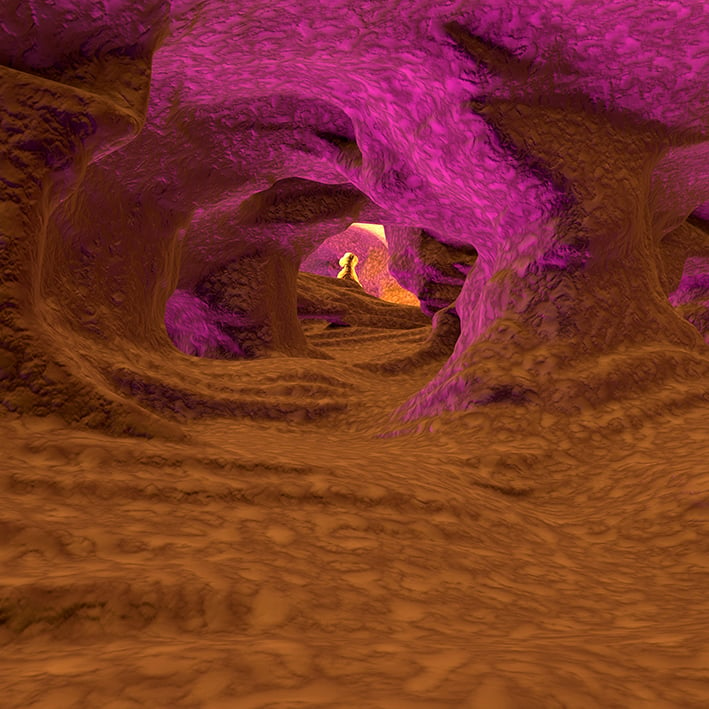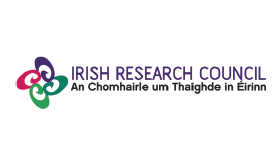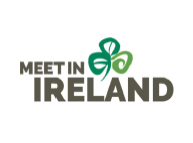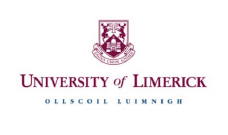Making Space
15 – 17 June 2021, University of Limerick, Ireland.
Due to the current Pandemic, this conference will now run virtually from 15 – 17 June 2021.
Organiser: Dr Ciara Breathnach.
Conference Administrator: Dr Rachel Murphy.
Registration
Registration is now open for the Association for Medical Humanities Conference 2021, held at the University of Limerick, 15-17 June 2021.
You can register via our University of Limerick (UL) events registration page. Information on rates and registration is provided below.
We are currently finalising the conference schedule which will be posted here shortly.
Rates
The rates for the conference are provided below. Note that there are reduced rates for AMH members and for students.
You can sign up for AMH membership here.
Early bird rates (to 7 May 2021)
- Early bird AMH member rate €150.00
- Early bird non-member rate €250.00
- Early bird postgraduate rate €70.00
- Early bird undergraduate rate €30.00
Standard rates (from 8 May 2021)
- Standard AMH member rate €200.00
- Standard non-member rate €300.00
- Standard postgraduate rate €95.00
- Standard undergraduate rate €55.00
Registration
Payment is by debit / credit card. You will be asked for the following information during the registration process:
- Name, address, phone number and email
- Billing address (if different from above)
- Profile photo (optional)
- Verification of student status if you are applying for a student rate
- Verification of AMH membership if you are applying for an AMH rate
- Any specific platform accessibility requirements
- Visa or Mastercard details
Registration Confirmation
Registration confirmation will be sent by email.
This conference invites practitioners, artists, scholars and patients to think about space in the broadest terms. This may take the form of considering the physical spaces in which healthcare is delivered or the contexts of public and private discourses about health and illness. It may take the form of considering how work in the Medical Humanities opens up critical understandings of space; its metaphors, configuration and geographies.
This conference places a number of questions and considerations within the discussion of space. Formed of imaginary, psychodynamic, material and cultural conditions of production and reproduction, space simultaneously creates and is created by disciplines, experiences and bodies. Space is formed of the mainstream and the liminal. What spaces form and inform the meaning and valuing of those attributes, texts and reflections and the processes of life, death and dying of all working, inhabiting and passing through in times and places, locally, nationally and globally? How does this fit with the physicality and materiality of medicine, with individual bodies and systems, immunity illness and death? How might such critical considerations change perceptions, treatment of health and illness and of representations of conventional lives, stories and representations in spatial terms? Medical Humanities has been through the various stages associated with disciplinary development and self-fashioning but its positioning remains complex and entangled, moving between its housing in both Humanities and Medical worlds. What configures this transdiscipinary space and what is its agency in generating spaces for discursive and new knowledges and practices? How are the binaries between stakeholders diffused? In taking stock and engaging in critical dialogue about how well the space between Medicine, Healthcare and the Humanities has been negotiated, we ask about equity of critical spaces across the fields? In forging new space, have scholars developed new methodological frameworks for reimagining space? We encourage several variations on the theme and welcome papers that address but are not limited to the following:
Interdisciplinary Spaces and the Medical and Health Humanities.
Medical Education, Healthcare Education and curriculum space.
Mainstream and liminal spaces.
Body as space and in space, for instance othered and immigrant bodies; dying and dead bodies.
Spaces in visual, verbal and sensory texts and objects.
Geographical life course spaces: from cradle to grave.
Making space for Alternative and Complementary health.
Configuring and refiguring space.
Space as communication and negotiation.
Digital media spaces.
Public and private space.
Spaces for Medical Humanities publishing and activism.
A special journal edition on Death and Dying will emerge as proceedings from AMH 2020.
Confirmed keynotes:
Professor Rose Anne Kenny, Professor of Medical Gerontology, Trinity College Dublin.
Dr Brandy Schillace, Editor in Chief, Medical Humanities (BMJ).
Professor Scott Podolsky, Professor of Global Health and Social Medicine, Harvard University.
For updates see amh2020ireland.com
email: amh2020ireland@gmail.com





